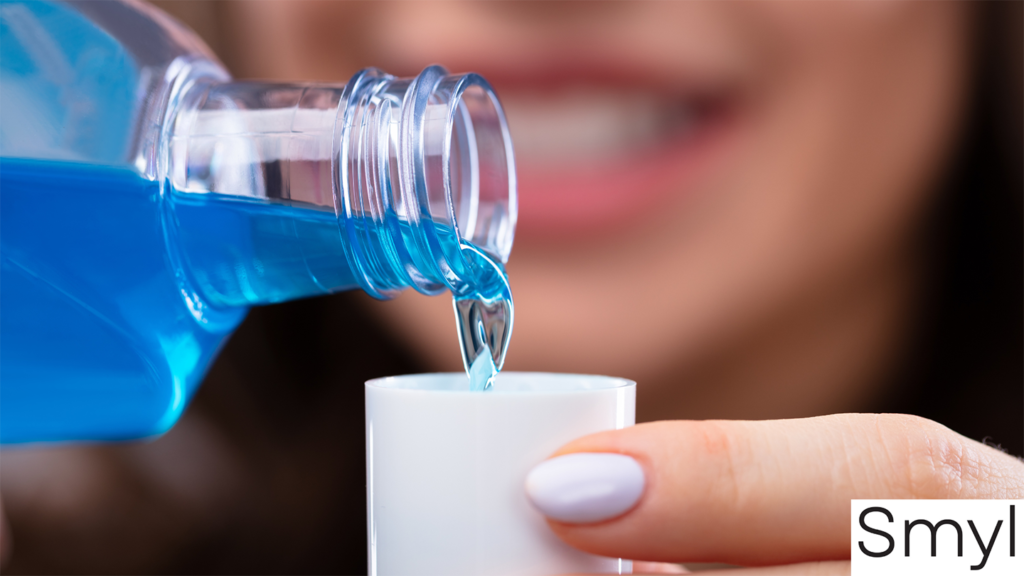
Are you thinking about incorporating mouthwash rinse into your daily oral hygiene routine?
The grocery aisle is teeming with selections, so choosing a product can leave you puzzled.
In this post, we talk about what a mouthwash product is, how to use it, how it can boost your dental care regimen, and whether you need one.
Read on to help you decide which oral rinse to go for.
First, what is a mouthwash product?
A mouthwash is a liquid product used to rinse the mouth. Incorporating it into your dental care habits may be helpful. Note, though, that it isn’t supposed to replace brushing and flossing.
To ensure you’re using safe and effective products, talk to your dentist about the options they recommend. Look for the CDA Seal as well as a testimony to the product’s efficacy.
How does mouthwash work?
Mouthwash products are classified into two types: cosmetic and therapeutic.
- Cosmetic variants are formulated to help clean the mouth and temporarily freshen the breath.
- Therapeutic mouthwashes, on the other hand, contain ingredients that can be beneficial for those with specific dental concerns, such as plaque and tartar buildup or dental sensitivity.
The ingredients in mouthwash products vary. Most contain menthol or alcohol, which is why they may sting when used. Some rinses also contain fluoride to help strengthen the enamel.
Cosmetic mouthwashes can be purchased over the counter, while some therapeutic options can only be accessed with a prescription from the dentist.
How is mouthwash used?
Some prefer to use mouthwash on a daily basis, while others prefer to rinse only occasionally.
In general, mouthwash is used after cleaning your mouth. Users start by brushing and flossing their teeth. Then, the mouth rinse is poured into a plastic measuring cup according to the amount instructed on the product label.
It’s gargled and swished around in the mouth for a few seconds. Afterward, it must be spat out. It’s not meant to be swallowed, which is why it isn’t recommended for young children who are unable to spit yet.
There’s no hard-and-fast rule on mouthwash usage. But if usage is recommended by your dentist for your specific dental concerns, they may have reminders you must comply with.
Do I need a mouthwash rinse?
People use mouthwash products for various reasons. It can be to get rid of the foul smell in the mouth after meals, receive an extra boost of fluoride for vulnerable teeth, or reduce the buildup of harmful bacteria in the mouth.
If you’re concerned that you might have a dental condition, speak with a dental professional to receive a proper diagnosis and a custom treatment plan. Don’t self-diagnose nor self-prescribe. Make the right changes to your dental care habits.
Your dentist can tell if a mouthwash is worth including in your dental hygiene routine. Oral health conditions must be managed carefully and with guidance from oral health care experts.
Our dental team has over 20 years of experience caring for smiles. And we’re committed to making your dental care journey 100% comfortable. Let’s find out if oral rinse products are for you and which ones are most suitable.
Contact Information
- Phone: 416-531-2761
- Email: [email protected]
Address
- 608 Bloor Street W
- TORONTO, ON M6G 1K4
Hours
Parking
Green P parking on Palmerston and Euclid, residential street parking, meter parking on Bloor. Residential street parking from 10a-12a
Subway
One block over from TTC subway station (Bathurst)

